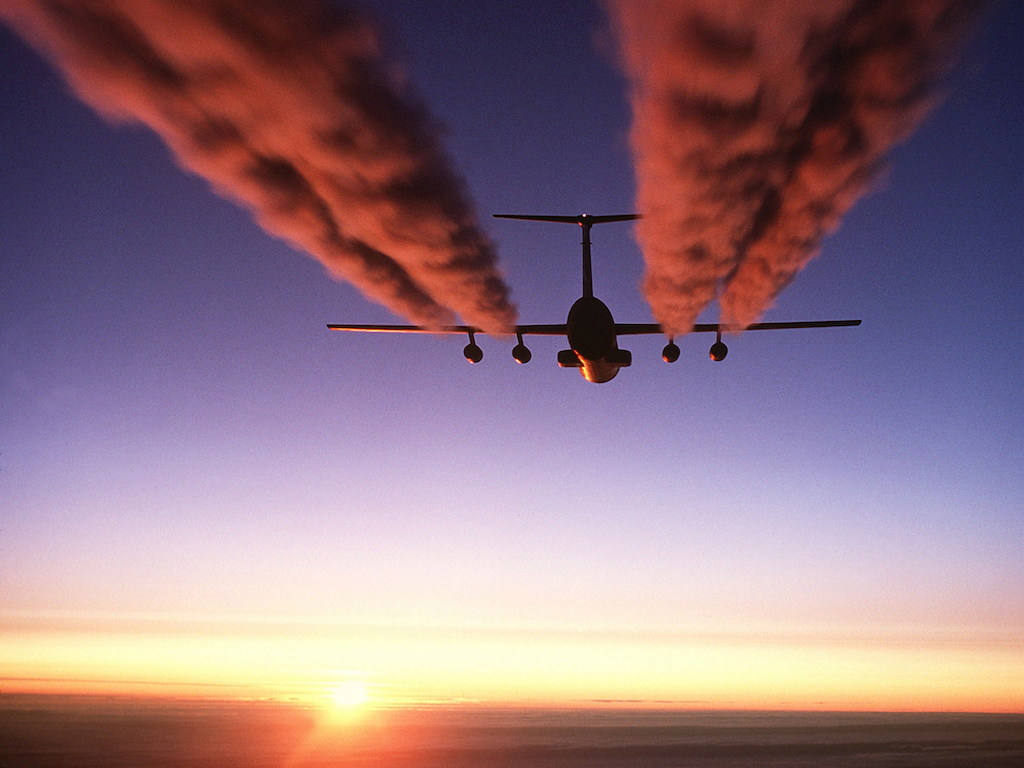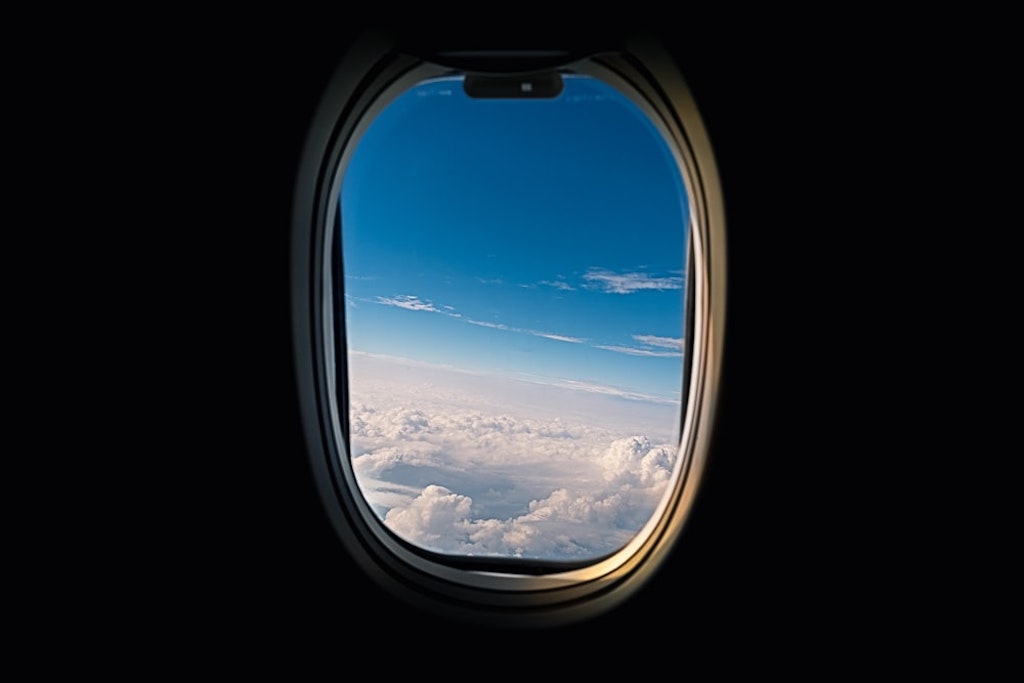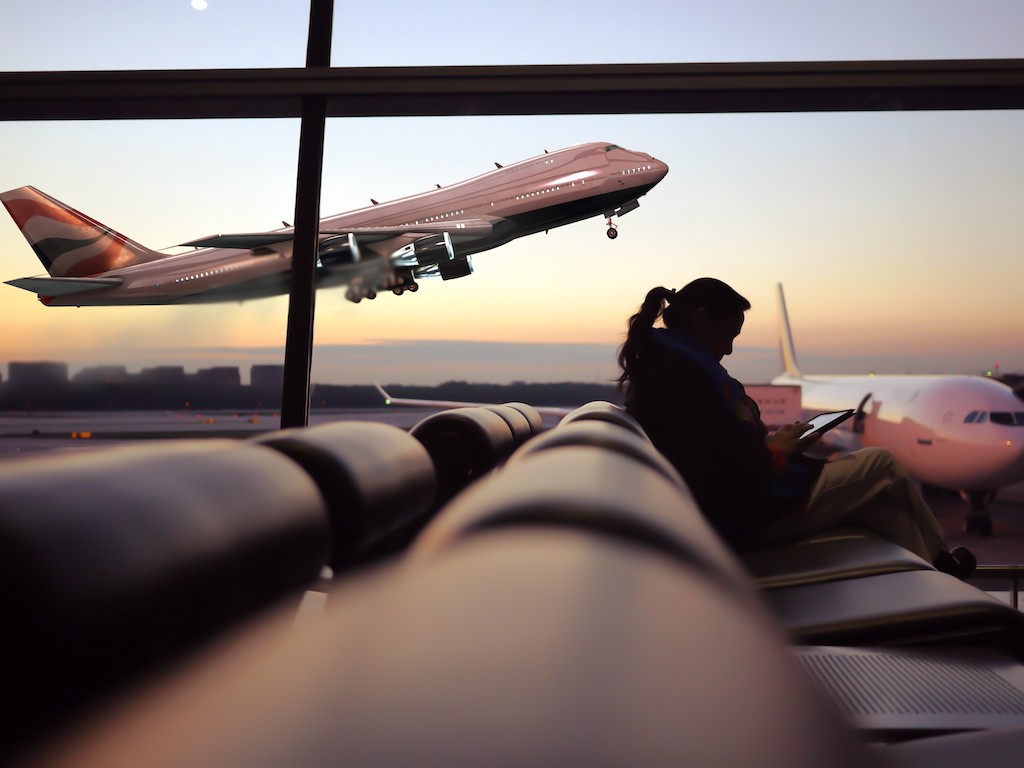4 Mins Read
A small minority of elite frequent flyers are fuelling the bulk of global aviation emissions while poorer communities are left behind to suffer the worst impacts of climate change, a new report reveals. With only around 5 to 10% of the world’s population travelling by air in any given year, campaigners are calling for a progressive tax on elite frequent flyers to equitably tackle the climate crisis.
The report, released by British climate nonprofit Possible, examines global inequalities in air travel and reveals that an elite small minority are disproportionately responsible for aviation missions that are harming all people globally. While just 12% of people in the U.S. account for a third of all flights in the country, a mere 15% of the British population drive 70% of flights.
Figures are even more stark in France, where around half of flights in the country are taken by a tiny 2% of the population.
“This pattern is repeated across the world, in countries including Canada, India, China and the Netherlands – as was the tendency for frequent flyers to have higher incomes,” wrote the researchers. “Meanwhile, in almost all these countries, less than half the population fly each year.”
In China, 5% of people took around 40% of the fights, while in India, 45% of all flights could be accounted for by just 1% of the country’s entire population.

This pattern is repeated across the world, in countries including Canada, India, China and the Netherlands – as was the tendency for frequent flyers to have higher income.
Possible
To compile the report, the charity undertook a top-level evidence review of the academic literature on flight frequency data and patterns globally, honing in on the top 30 aviation markets in terms of absolute carbon dioxide emissions stemming from air travel.
It collates previous study findings, including estimates that less than 20% of the world’s population has ever set foot on an airplane and the fact that around only 5 to 10% of the global population ever flies in any given year.
The global inequality in aviation emissions is particularly evident when it comes to the footprint associated with holiday travel, with the top 10% of the wealthiest people by income globally responsible for driving 76% of total energy consumption, compared to zero attributed to the bottom 10% of the population in terms of income.
Last year, a study published in the journal Global Environmental Change revealed that just 1% of the entire global population drives as much as half of air travel industry’s emissions, with elite frequent flyers travelling an average of 56,000 kilometres per year, roughly equating to around three long-haul flights annually or one short-haul trip on a monthly basis.
“When it comes to climate change, air travel is a uniquely damaging behaviour, resulting in more emissions per hour than any other activity bar starting forest fires. This paper shows that it is also uniquely iniquitous. Everybody eats. But only the privileged few fly,” said Leo Murray, co-founder and director of innovation at Possible.

The world cannot afford further growth in any intrinsically high carbon activities, and we must find ways to rapidly drive emissions down that are fair, equitable and just.
Leo Murray, Co-Founder & Director of Innovation, Possible
Murray says that as the world begins rebuilding from the pandemic, which has largely put a halt in global aviation, it is even more vital for policymakers to avoid taking to “desperate efforts” to boost air travel in the name of economic growth.
“The world cannot afford further growth in any intrinsically high carbon activities, and we must find ways to rapidly drive emissions down that are fair, equitable and just,” said Murray.
Campaigners at Possible and other climate organisations have called on a Frequent Flyer Levy as one of the solutions to clamp down on global aviation emissions and fairly distribute the burden of climate action on those who are fuelling the bulk of it. Possible argues for a progressive tax, which would increase as people take more flights, or fly for longer distances.
“This means that people who save for an annual holiday or to visit family won’t be unfairly impacted, but the minority who fly multiple times each year will pay more,” explains Possible.
Such proposals have been made for years, with the initiative A Free Ride putting forward the idea of a frequent flight tax in 2019, before the pandemic struck.
Lead image courtesy of Shutterstock.




